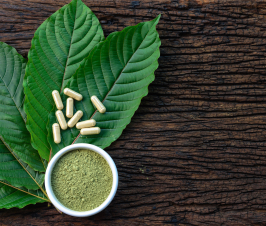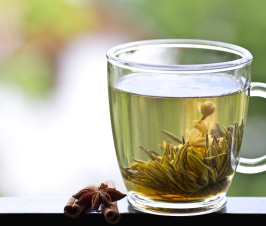Even though this exercise in writing about medicinal plants I find near my home is 100% self-imposed, I feel like I am cheating a little with this one. My neighbor planted these flowers in our front yard so that she could harvest them for her own medicine making. I didn’t find it growing wild, but I just can’t walk by these plants every day and not have the urge to write about them.
Calendula officinalis (pot marigold) or Calendula arvensis (field marigold) can be used interchangeably, although most herbalists use the officinalis species. It is probably one of the most well known medicinal plants and is commonly used in healing salves because of its vulnerary, antiseptic, anti-inflammatory, antimicrobial, bactericide, astringent, and styptic actions. Lotions, fomentations or poultices can be made from the flower heads to treat burns, wounds, ulcers, varicose veins, warts, and even bruising. It helps to stop bleeding and speed up the healing process by increasing the formation of granulation tissue. External use is safe in pregnancy.
But Calendula can do so much more, that it’s a shame it doesn’t get used more frequently.
Internally, Calendula is great for healing the gastrointestinal mucosa from ailments such as Crohn’s, Ulcerative Colitis, hemorrhoids and peptic ulcers. It helps to decrease inflammation of the gut wall, increase healing of the tissue, decreases gas, relieves pain, and decrease spasms of the gastrointestinal tract that are common in these conditions as well as IBS and colic. It is also beneficial as a cholagogue, meaning that it helps to stimulate the release of bile. Since bile is lubricating to the GI lumen, Calendula would be equally as beneficial for constipation, but does not induce diarrhea like a laxative. It is also helpful at killing intestinal worms.
However, I most often use Calendula in herbal formulas meant to balance hormones for its depurative actions. Depuration is the better term to use when people mean that they are increasing the removal of waste products from the body. Detoxification just means that you are making a substance less toxic. Calendula is depurative because it stimulates the emunctories because it is a lymphagogue, choleretic, cholagogue, diaphoretic, diuretic, aperient, emmenagogue, and diuretic. And I’ve never met a hormone imbalance that couldn’t benefit from some good old cleansing, especially in our modern xenoestrogen-filled lifestyles.
Lymphagogues generally have organ/tissue/region preferences, and in the case of Calendula, it has more of an effect on the pelvis and breast. It enhances the drainage of enlarged lymph nodes, aids in draining cysts, and is used in treating fibrocystic breast tissue. Add in the fact that it is a phytoestrogen, AKA estrogen modulator (see Red Clover for more on phytoestrogens), and you can see why I add it to hormone balancing tonics.
Internal usage is contraindicated in pregnancy and contact dermatitis can occur in people sensitive to other Asteraceae family plants.
 Jen Williamson, ND is a native of Buffalo, New York who earned her Bachelor of Science at Gannon University in Erie, Pennsylvania and a Doctorate of Naturopathic Medicine from Southwest College of Naturopathic Medicine in Tempe, Arizona. While in medical school, she became very involved in the student community, most notably as the President of the Student Government Association. For her service, upon graduation she was given the Outstanding Leadership Award.
Jen Williamson, ND is a native of Buffalo, New York who earned her Bachelor of Science at Gannon University in Erie, Pennsylvania and a Doctorate of Naturopathic Medicine from Southwest College of Naturopathic Medicine in Tempe, Arizona. While in medical school, she became very involved in the student community, most notably as the President of the Student Government Association. For her service, upon graduation she was given the Outstanding Leadership Award.
In the spirit of Docere, the Naturopathic principle of the doctor’s role as teacher, Dr. Williamson was an adjunct professor in the Complementary and Alternative Therapies program at Daemen College. She has had articles in a variety of publications, including Naturopathic Doctor News and Review, SheKnows.com, local Buffalo magazines and papers, as well as her own newsletter, blog and website. While practicing in Buffalo, she also offered over 30 different classes to the public at various events and locations.
In 2012, Dr. Williamson moved to Vermont to expand her practice of Naturopathic Medicine as well as provide an atmosphere that resonates with her medicine for her son, Victor, and husband, David. As a Primary Care Physician at Avalon Natural Medicine, Dr. Williamson focuses on mental/emotional, gastrointestinal, and endocrine disorders. Most of her treatment plans include a combination of nutritional, herbal and homeopathic remedies, but she has also received additional training in Hair Trace Mineral Analysis and Bowel Nosodes.

















